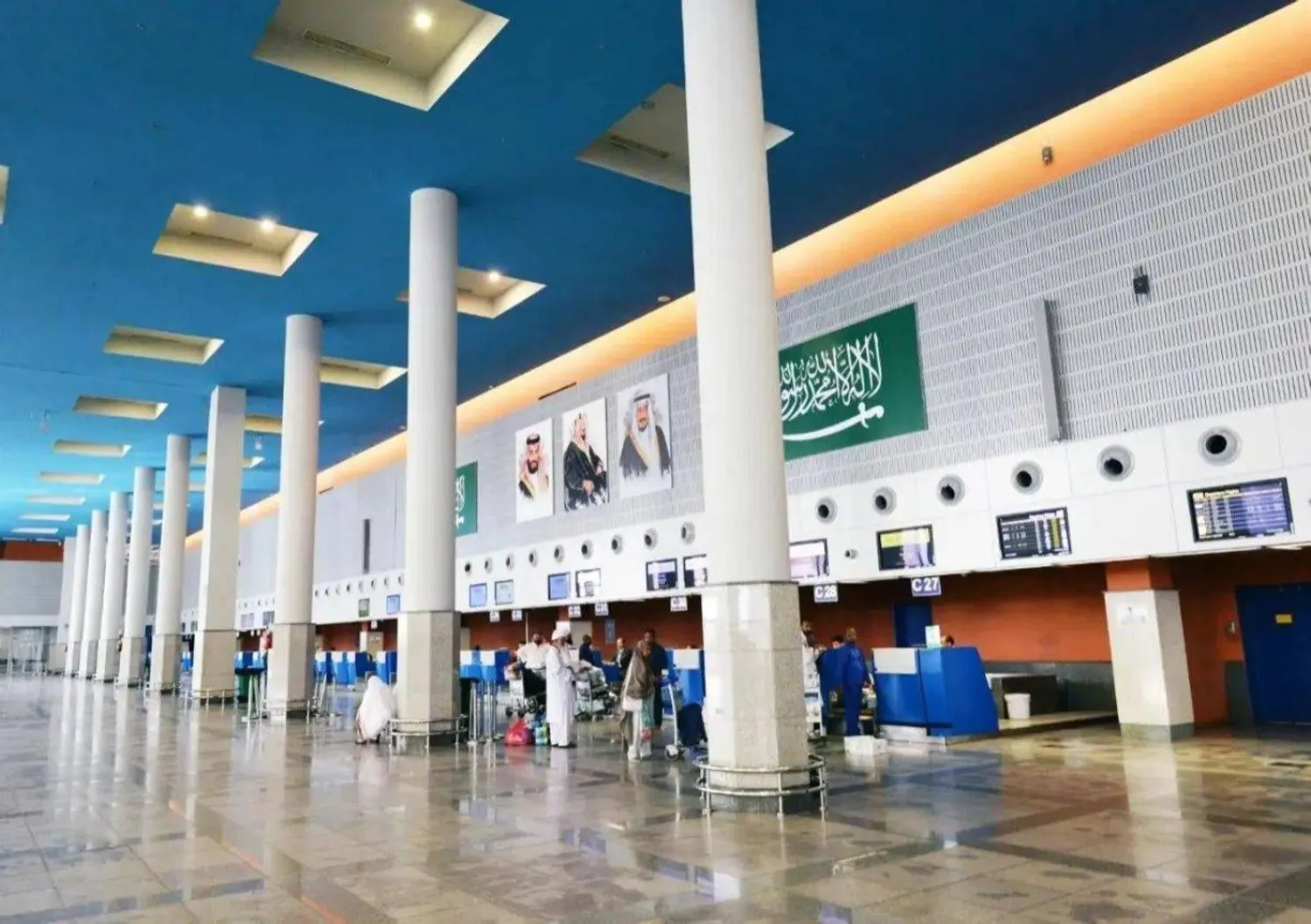The Saudi General Authority of Civil Aviation (GACA) announced the economic policy for the Kingdom’s aviation sector that seeks to attract $100 billion to raise air traffic services.
The GACA announced adopting three economic regulations for airports, ground handling services, and air cargo and air transport services, which will come into force on Oct. 30.
The statement noted that the economic policy aims to boost the operation of the Kingdom’s airports and improve the performance of national air carriers as part of the Authority’s efforts to transform the Kingdom into a transportation and cargo services global hub.
It also provides an infrastructure that stimulates competition, attracts foreign investment, achieves growth, and enables innovation in the aviation sector.
The measures align with the National Aviation Strategy enabling it to be the number one sector in the Middle East and contribute to diversifying sources of income.
- Investment environment
The economic policy and set of regulations issued by the Authority contribute to achieving the goals of the Aviation Strategy and stimulating the investment environment by raising the contribution of the transportation and logistics sector to the GDP to 10 percent.
It also helps create direct and indirect job opportunities and pumps investments worth up to $100 billion from the public and private sectors by 2030,
It will create a competitive environment that provides equal opportunities for current operators and future investors to enhance the Authority’s regulatory role in the aviation sector.
GACA issued the economic regulations for airports to develop the foundations regulating the work of operators.
It supports the privatization of airports, facilitates the procedures for new investors to join the aviation market in the Kingdom, and enables airport operators to set wages according to their plans.
The regulation also confirms adherence to the Authority’s regulatory controls to enable airport operators to flexibly diversify their revenues by increasing revenues from non-navigational services.
It would motivate airports to diversify services and commercial activities, keeping pace with international standards and attracting air traffic.
The Authority issued the economic regulations for ground handling services and air cargo services, which stipulate that everyone who wishes to provide services at the Kingdom’s airports must adhere to the principle of ‘freedom to enter the market.'
- Boost air traffic
The economic policy also contributes to facilitating the issuance of financial licenses for ground handling and air cargo service providers to attract investments.
It enables transparency in transactions by activating consultations between various service providers and clarifying the roles and responsibilities of each category of these service providers.
In addition, the Authority issued economic regulations for air transport services to facilitate the requirements for issuing financial licenses for air carriers and cancel the economic conditions for non-commercial flights, enhancing air connectivity to the Kingdom.
The approved regulation also includes adopting new special controls by distributing air traffic rights between national carriers on international routes with limited capacity to ensure equal opportunities.
Notably, the economic regulations were approved after collecting public opinions through a survey, putting them on a poll platform, and holding meetings and workshops with various stakeholders within the aviation sector.
GACA noted that the implementation of the provisions of the regulations will begin in a phased manner from the date of their implementation and over the coming 18 months to ensure the sector’s readiness to apply these provisions efficiently









